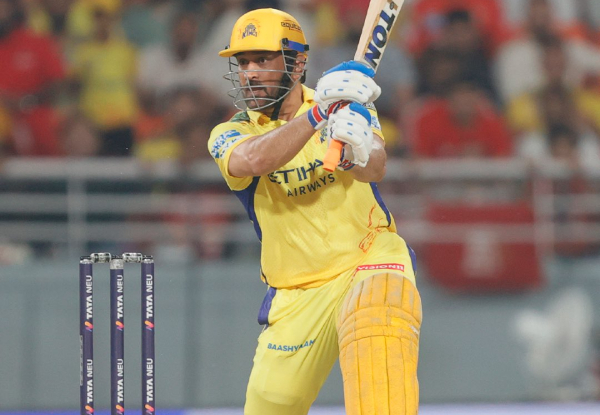Saudi Arabia to host 2034 FIFA WC amid human rights scrutiny; 2030 edition spread across three continents
Xtra Time Web Desk: FIFA officially confirmed on Wednesday that Saudi Arabia will host the 2034 Men’s FIFA World Cup, while the 2030 edition will span Spain, Portugal, Morocco, and include additional matches in Argentina, Uruguay, and Paraguay. FIFA President Gianni Infantino announced the decision following a virtual extraordinary Congress, with both editions ratified by acclamation as they faced no competing bids.
Infantino emphasized the growth of football globally, stating, “We are bringing football to more countries and the number of teams has not diluted the quality. It actually enhanced the opportunity.” Saudi officials highlighted that hosting the 2034 tournament could spur social reforms, including advancing women’s rights in the country.
Read More:
Find how fans celebrate Virat Kohli-Anuskha Sharma's 7th wedding anniversary?
Introducing the
hosts for the next two editions of the @FIFAWorldCup!
????
Morocco, Portugal and Spain will host in 2030,
with centenary celebration matches in Argentina, Paraguay and Uruguay.
Four years later, Saudi Arabia will host the FIFA
World Cup 2034™. pic.twitter.com/WdOEdNEVxH
Saudi Arabia’s bid was fast-tracked due to FIFA’s earlier approval of a three-continent hosting format for the 2030 edition, which left Asia and Oceania eligible for the 2034 tournament. Federations had only a short four-week window to submit proposals, and Saudi Arabia emerged as the sole contender.
However, the decision has drawn significant criticism, particularly over labor laws and human rights issues. Saudi Arabia will require extensive infrastructure upgrades, including building and modernizing 15 stadiums, hotels, and transport systems for the 104-match tournament. Notably, one planned stadium in Neom will be built 350 meters above the ground, while another near Riyadh will be perched atop a 200-meter cliff.
Rights groups and international activists have raised alarms over FIFA’s decision. Amnesty International’s Steve Cockburn criticized the process, remarking, “At every stage of this bidding process, FIFA has shown its commitment to human rights to be a sham.” Critics argue that FIFA has not learned from the backlash faced during Qatar’s preparations for the 2022 World Cup, where concerns over migrant worker treatment came to the forefront.
Read More:
BGT 2024-25: Cheteshwar Pujara suggests Rohit Sharma should step aside for India’s future
Saudi Arabia is investing tens of billions of dollars as part of its Vision 2030 initiative, spearheaded by Crown Prince Mohammed bin Salman (MBS). The plan aims to modernize the kingdom’s economy and society, with sports playing a central role. The $900 billion Public Investment Fund (PIF) will largely finance World Cup-related projects, furthering Saudi Arabia’s strategy of "sportswashing" to improve its global reputation.
The close relationship between FIFA President Infantino and Crown Prince Mohammed bin Salman has played a significant role in the kingdom’s bid success. Since 2017, Saudi Arabia has chosen to align with FIFA rather than challenge global sports systems, as seen during its involvement with the controversial LIV Golf series. This partnership smoothed the approval process, despite concerns from some stakeholders, including international female footballers.
Saudi Arabia’s growing influence in global football is evident through significant investments. PIF has financed top European football signings, attracting stars like Cristiano Ronaldo, Neymar, Karim Benzema, and Sadio Mané to Saudi clubs. FIFA has also introduced a new sponsorship category for Saudi oil giant Aramco, and Saudi funds are underwriting the 2025 FIFA Club World Cup in the U.S., a flagship project for Infantino.
Read More:
ENG vs IND: Unstoppable ticket demand for Edgbaston Test breaks all records
The timing of the 2034 tournament remains a logistical challenge. While Qatar hosted the 2022 World Cup in winter to avoid extreme heat, Ramadan in mid-December 2034 could complicate scheduling. January 2034 is being considered as an alternative, which may overlap with the Winter Olympics in Salt Lake City, beginning on February 10. However, the International Olympic Committee (IOC) has indicated few concerns about a clash and maintains close commercial ties with Saudi Arabia.
As preparations begin, scrutiny will intensify over human rights and worker conditions in Saudi Arabia, echoing the criticism faced by Qatar in 2022. With the kingdom’s significant financial influence in global football, Saudi Arabia is set to remain a key player in the sport’s future.



23.jpg)
22.jpg)
